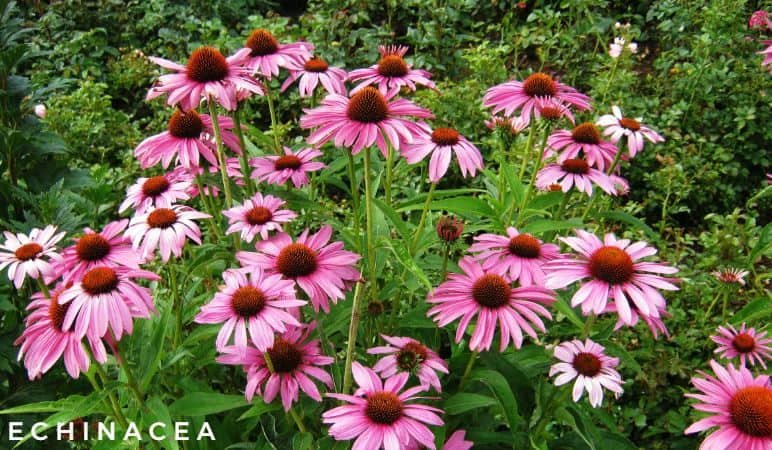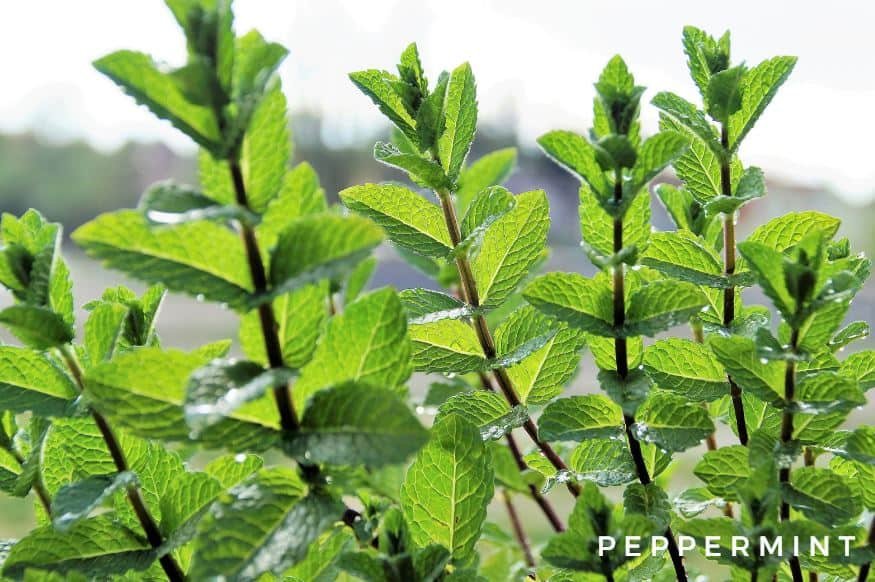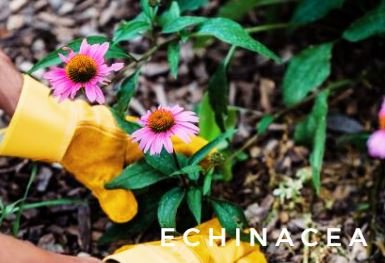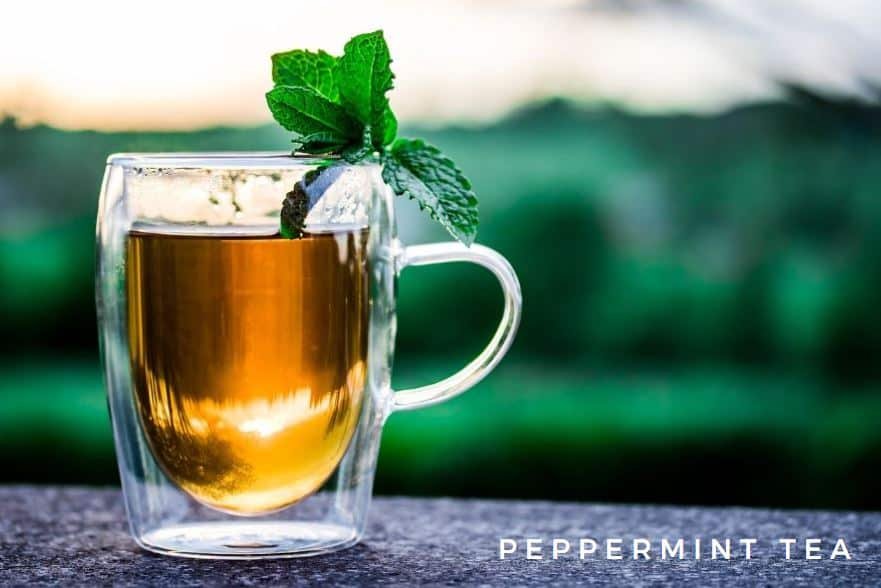Imagine a partnership so perfect it feels like a melody—this is what you create when cultivating a herb garden that works harmoniously with Mother Nature. More than a hobby, your herb garden becomes an eco-friendly haven that supports local biodiversity, promotes soil health, and reduces your carbon footprint. Think of it as your canvas where you paint with colors and eco-conscious choices, from organic fertilizers to water-saving techniques. Continue reading to discover how nurturing a herb garden can help you engage in the greater ecological symphony.
Herb Gardens: A Symphony of Sustainability with Mother Nature

Climate change is a global concern and every little effort counts. By cultivating a climate-friendly garden, you can reduce water usage, avoid harmful pesticides, and lower your carbon footprint. The blossoming results will not only benefit the planet but will also nurture the gardener.
To achieve this, choose drought-resistant herbs like rosemary, thyme, and oregano that require less water. Use organic compost for fertilization and employ methods like rainwater harvesting. Planting native herbs can also attract local pollinators, boosting biodiversity.
Now, expanding on how herb gardens nurture you, they are known for keeping ailments at bay. Take sinusitis, for instance. Herbs like Echinacea and peppermint are natural decongestants and immune boosters, and by having them readily available in your eco-friendly garden, you reduce your reliance on over-the-counter drugs and contribute to a healthier planet. Your herb garden thus becomes a holistic, climate-conscious health remedy.
Herb Gardens And Cheap Remedies For Sinusitis – A Common Thread

Herb gardens and cheap remedies for sinusitis have one common thread: Both can help you “clear the air” naturally and affordably! Sinusitis, an inflammation of the sinuses, can be a debilitating condition, causing symptoms like headaches, facial pain, and nasal congestion. Thankfully, herbs like Echinacea and Peppermint offer natural and inexpensive ways to combat this issue.
- Echinacea: Known for its immune-boosting abilities, Echinacea can be a powerhouse when fighting infections, including sinusitis. Consuming it in teas or supplements can help your body ward off viral or bacterial agents that cause sinus inflammation.
- Peppermint:Rich in menthol, peppermint can act as a natural decongestant, helping to break down mucus. You can inhale peppermint steam or consume it in tea’s to alleviate sinus symptoms.
Triggering sinusitis can be avoided by adopting just a few habits, such as drinking plenty of water, which keeps mucus thin and more comfortable to expel, using a humidifier to keep nasal passages from drying out, which reduces the risk of inflammation, and mitigating allergens like dust, pollen and pet dander by keeping your space clean to minimize exposure.
Herb Gardening – These Planting Tips Clear The Air

Planning is everything when it comes to having a perpetual supply of fresh herbs at home. Some noteworthy tips to consider are determining when is the best time to plant, identifying which herbs flourish indoors or outdoors, and whether certain herbs need a home in the ground or if potting is okay.
For example, of the herbs listed above, only one would be happiest planted outdoors and in the ground: Echinacea. Its seeds can be sown in Spring or Fall, and since their roots run deep, making them transplant-averse, identifying and dedicating a spot in the yard or garden should be the first order of business.
Calendula, however, will flourish indoors or outdoors and in a pot or the ground. Its seeds can be planted in the Spring or Fall if planted in a pot indoors. Alternatively, if planted outdoors in the ground, seeds can be planted in the Spring after the last frost. Keep in mind that Calendula grows well in full sun or part shade but may stop blooming in extreme heat.
Herb Gardening – Reaping The Benefits

By taking a proactive stance, including incorporating these beneficial herbs into your routine, you can mitigate, treat, and even prevent the agonizing symptoms of sinusitis. Imagine sipping on homegrown herbal teas infused with your own Echinacea and Peppermint, applying essential oils extracted from your garden’s blossoms, or even creating natural supplements that help boost your immune system and bring you peace of mind. The possibilities are as boundless as nature itself. So, why not turn your garden into a sanctuary of health? Not only will you be reaping the health benefits, but you’ll also enjoy partaking in the development of your natural remedies. Buy your seeds now.
“When diet is wrong, medicine is of no use.
When diet is correct, medicine is of no need.”
~Ayurvedic Proverb
MEDICAL DISCLOSURE
I am not a doctor. The content on this blog post is for entertainment purposes only. Consult with healthcare professionals or herbalists to understand the proper dosage and method of consumption for your specific needs. Herbs are potent, and improper use can lead to adverse effects. With appropriate guidance, these herbal allies can be a valuable part of a proactive healthcare routine.
AFFILIATE DISCLOSURE
This post contains affiliate links that if clicked, may yield a small commission.
Sinusitis, Cheap remedies for Sinusitis, organic remedies for Sinusitis, natural remedies for Sinusitis, Sinusitis at home remedies, how to cure Sinusitis at home fast, Sinus infections, sinus congestion, sinus inflammation, Steam inhalation, nasal sprays, relieve pressure, herb garden, fresh herbs, perennial herbs, plant herbs, harvest herbs, annual herbs, growing herbs, most herbs, own herbs, herb plant, raised bed, herbs grow, many herbs, grow herbs, herb plants, herb seeds, flowering herbs, culinary herbs, other herbs, perennial herb, most culinary herbs, raised garden bed, pizza herb, cilantro seeds, growing annual herbs, raised beds, tiny plants, own container, terra cotta pots, fresh compost, well draining soil, grow from seed, easiest herbs, mint family, moist soil, sow seeds, growing season, dried herbs, drainage holes, container gardening, tender perennials, grow indoors, beneficial insects, earthy flavor, clay soil, pasta sauce, grow mint, hours of sunlight, herb gardens, small pots, grow basil, herbs, cold hardy, too much sun, large container, best herbs, other plants, root ball, easiest plants, smaller plants, growing space, delicious leaves, same depth, plants, garden, organic matter, life cycle, herb, plant, seeds, herbs such as basil, new gardeners
